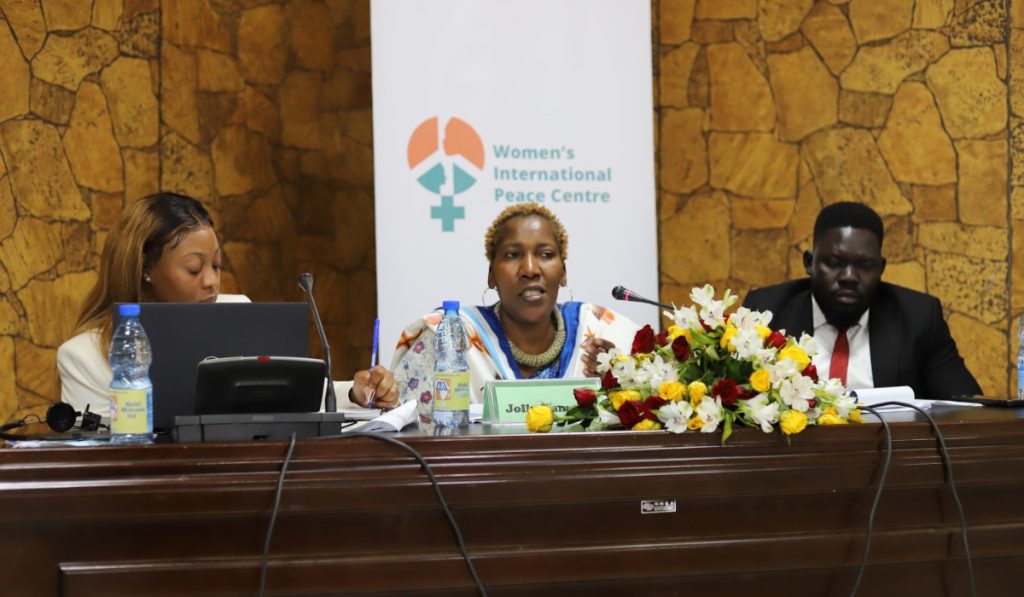
Learning and Networking Exchange
The Women, Peace and Security Agenda in the Great Lakes Region.

The Women, Peace and Security Agenda in the Great Lakes Region.
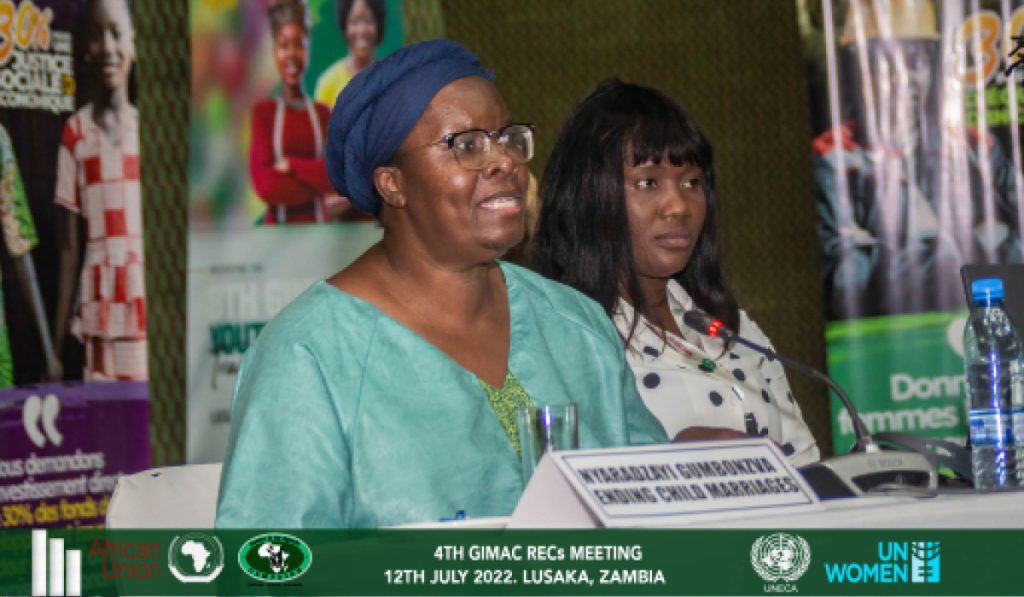
Advancing Women’s Access to Economic Resources
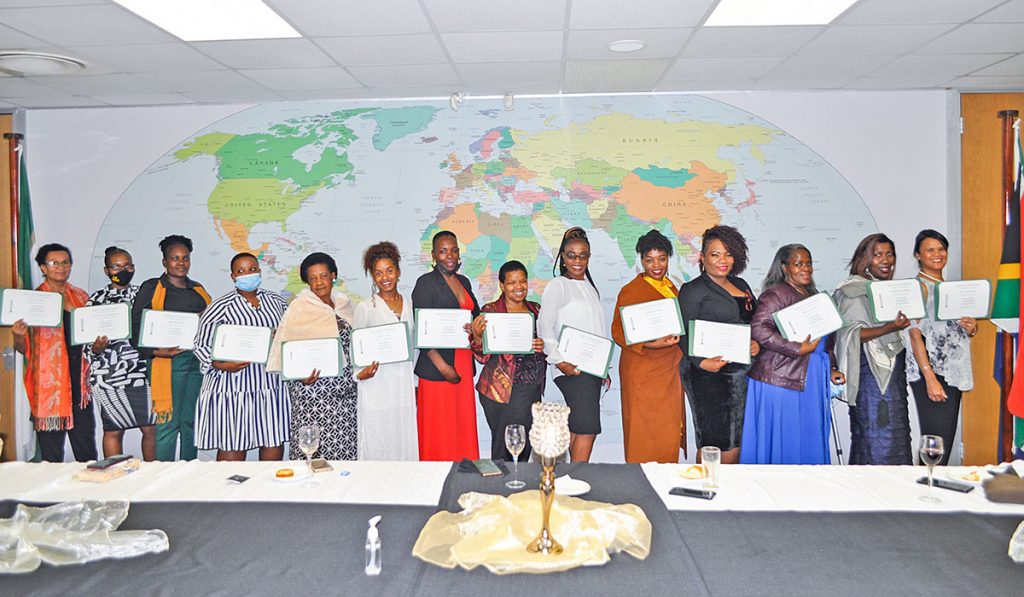
A look into organisational analysis and conflict resolution
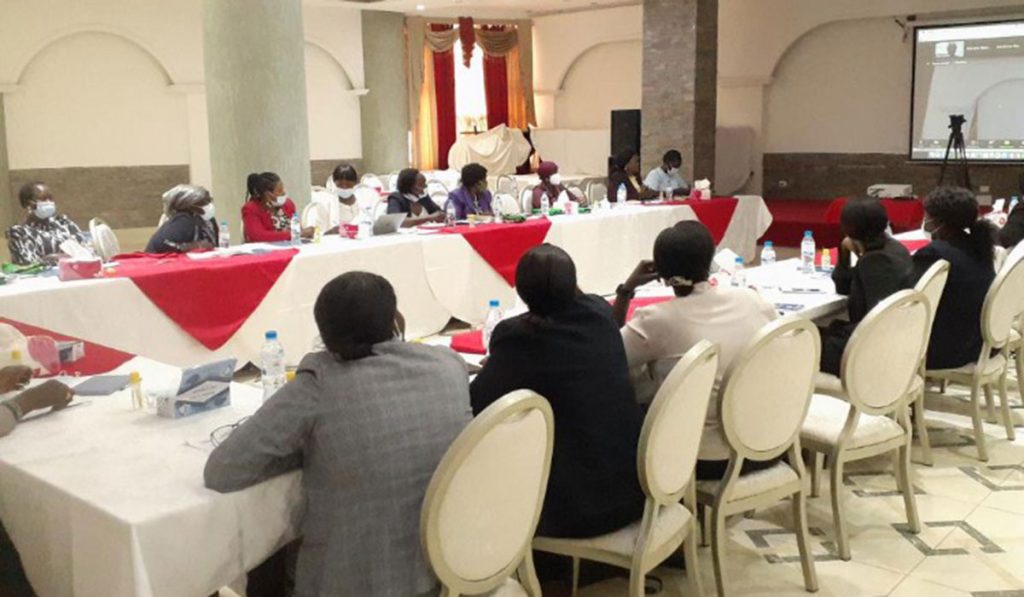
There is a need for long-term capacity development to enhance women’s participation in peace processes in South Sudan’
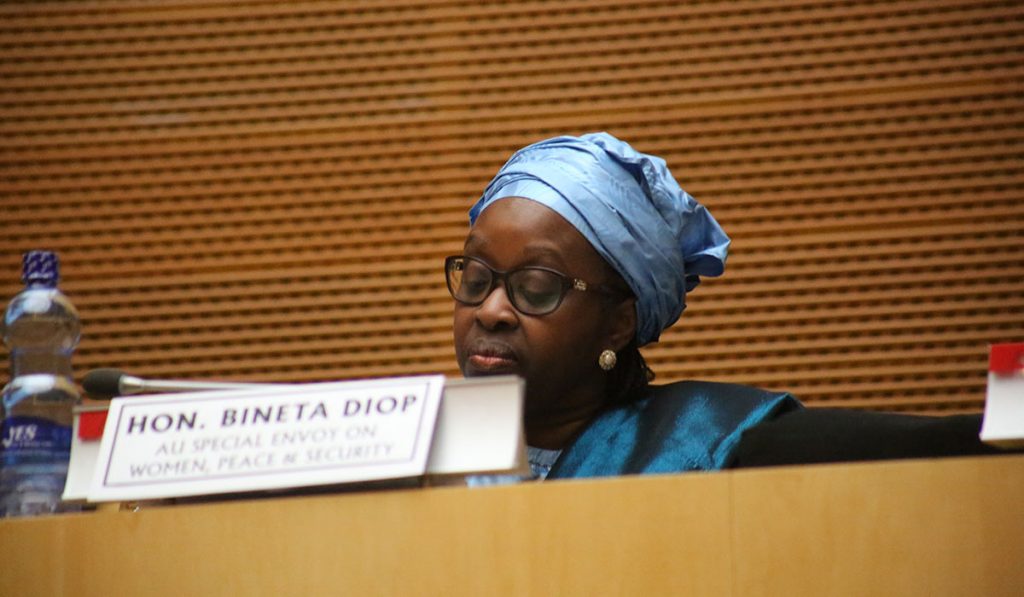
Advancing women’s access to economic resources to build our continent’s resilience in nutrition.
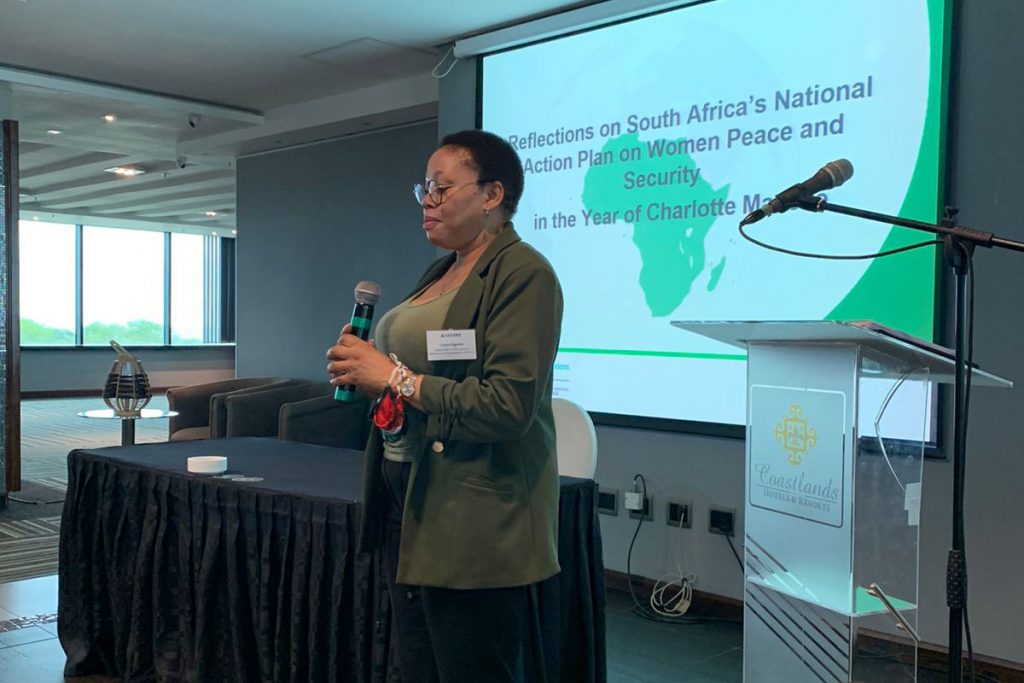
Shifting from theory and concepts to the practical elements of peacebuilding
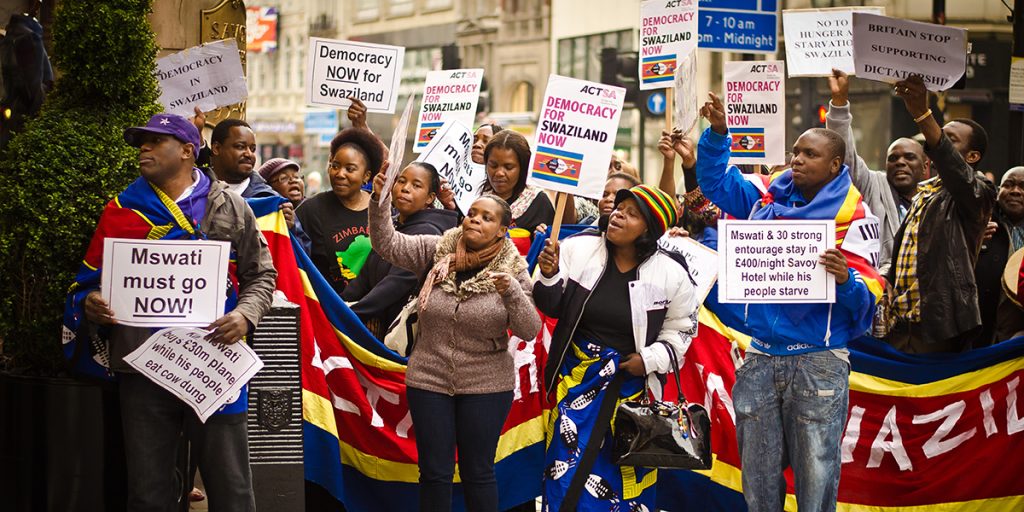
Conflict and violence need to be understood in localised contexts and realities; this allows for an understanding of conflict that is unique to a country’s history and socio-political reality. Eswatini does not exhibit the signs of what the WPS agenda considers conflict.
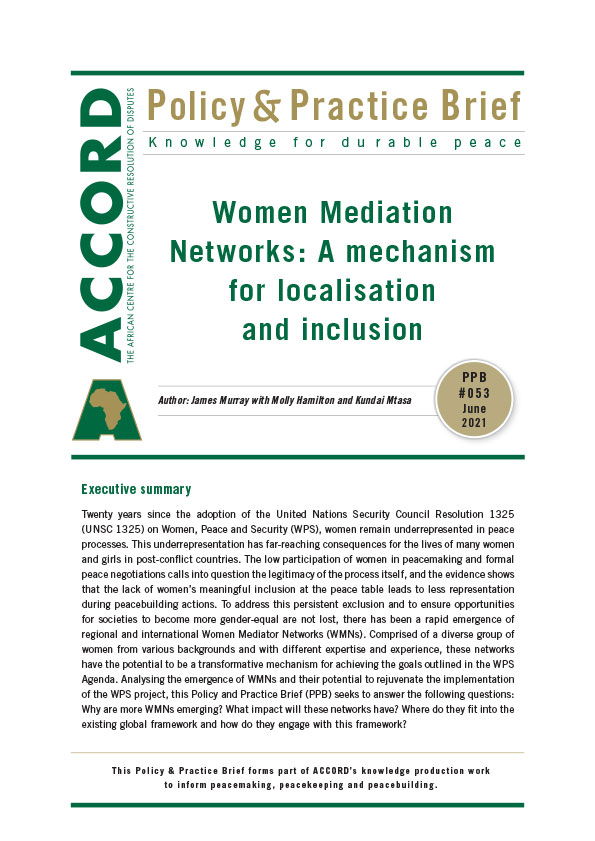
Twenty years since the adoption of the United Nations Security Council Resolution 1325 (UNSC 1325) on Women, Peace and Security (WPS), women remain underrepresented in peace processes. This underrepresentation has far-reaching consequences for the lives of many women and girls in post-conflict countries.
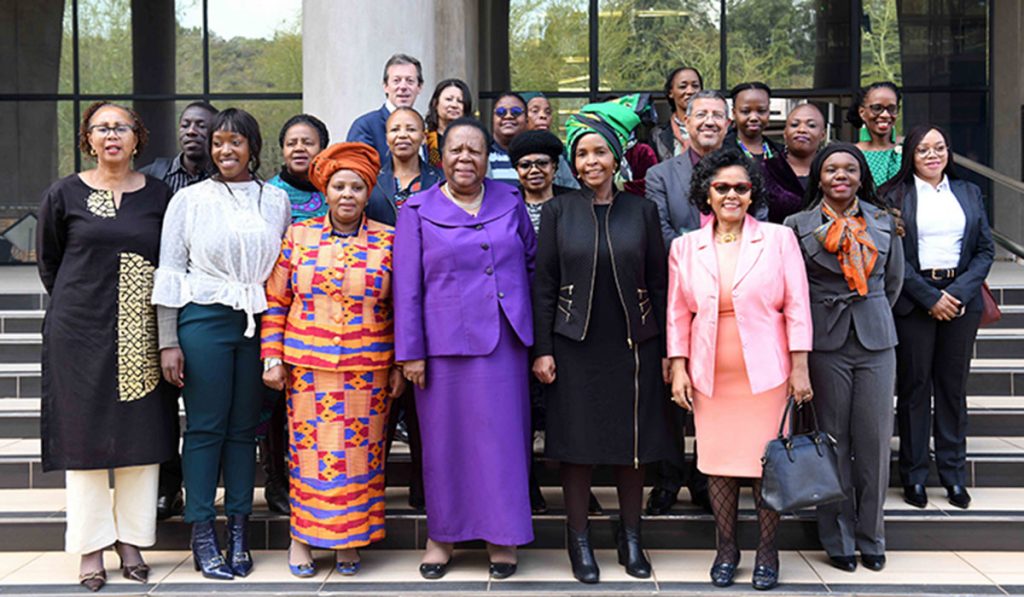
On the 15th of April 2021, ACCORD participated in a meeting with Gender Development Partners Group aimed at learning and reflecting about the Women, Peace and Security Agenda in South
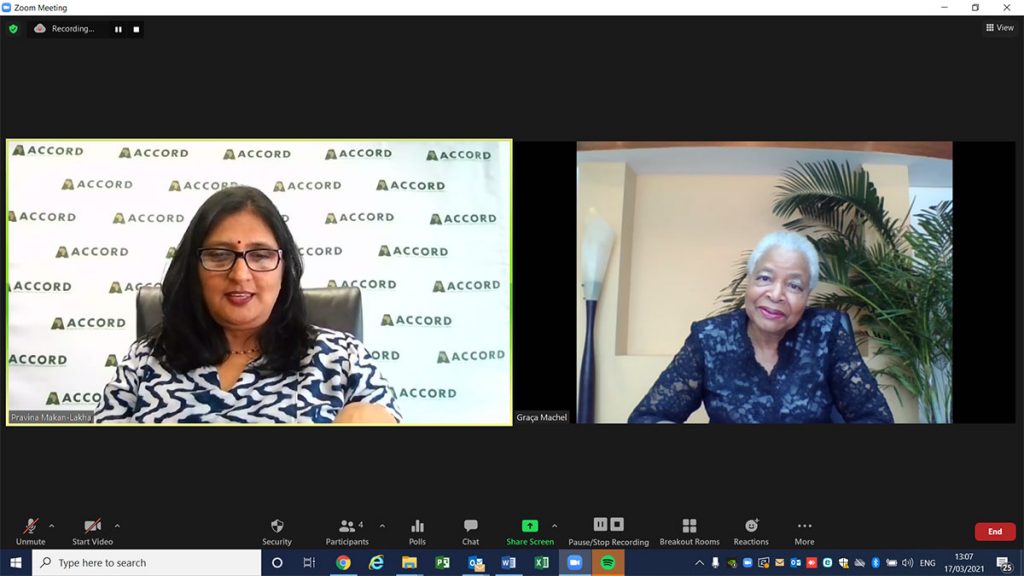
The interview is part of ACCORD’s partnership with the International Development Research Centre (IDRC) which seeks to document the experiences of African women peacebuilders.